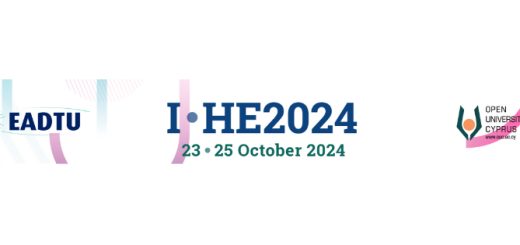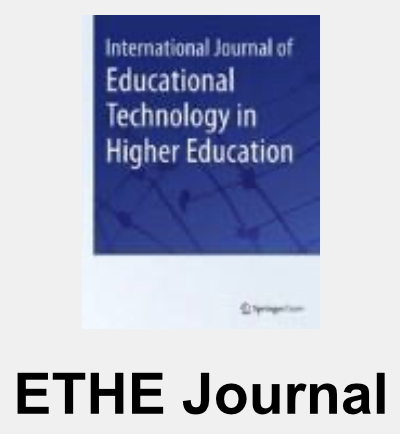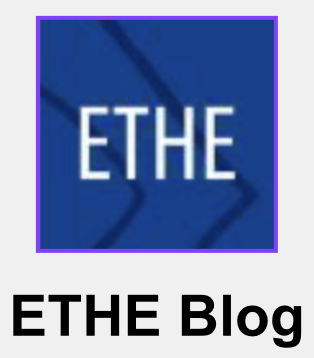A member of the Edulab group defends his thesis next Monday, February 21, marking a milestone in research on Digital Education and Leadership
Next Monday, 21 February, at 11.30 am CET, Deborah Arnold, PhD student of the Doctoral Programme in Education and ICT (e-learning) at UOC, and member of the Edul@b research group, is going to defend her PhD thesis entitle “Supporting Leadership Development in European Universities: A Mixed Methods Study of Digital Education Leadership Literacies for Higher Education“.
The event will be held online and you all are invited to join through this Link.
The topic of her thesis is a key issue in the need of using technology from a sound perspective for transforming education as a whole and to respond to societal development. Deborah’s study marks a milestone in the research on Digital Education and Leadership.
Please find below a short abstract of the thesis:
Digital technologies have been used to support Higher Education teaching and learning for well over two decades. But are these technologies being used in innovative and pedagogically sound ways, or are they being shoehorned into existing practices? The picture painted by scholars since the turn of the century is one of “business as usual”, with a lack of strategic thinking particularly notable in campus-based universities.
This Mixed Methods Case Study research addresses the problem through the development and application of a novel concept, that of Digital Education Leadership Literacies for Higher Education (DELLHE). To this end, the study combined prior work on Leadership Literacies for professional staff in HE and e-leadership for educational technology, framed in the notion of multiliteracies as both meaning-making for the self and meaning-making for others.
The research questions (RQ) guiding the study were:
- How can existing frameworks and concepts be combined into a single framework of Digital Education leadership Literacies (DELLHE)?
- How are DELLHE experienced by key informants in selected European universities?
- How do key informants in European universities develop (i.e. “learn”) DELLHE?
- How are DELLHE reflected in the institutional strategic plans and in the organisational structure?
- How are DELLHE reflected in existing Leadership Development Programmes?
- What changes should be proposed to reinforce the development of DELLHE?
The resulting DELLHE framework was developed iteratively throughout the study, mobilising qualitative approaches (a Delphi study, three Case Studies in European campus-based universities in France, Belgium and the United Kingdom, Thematic Analysis of interview data and documents, an online focus group) as well as quantitative analysis in the form of statistical descriptions of survey data (n=102). The main findings of the study confirm the importance of context in terms of institutional culture and external policy constraints in defining a vision and strategy for Digital Education, the need for a greater focus on pedagogical, ethical, relational, and environmental issues in a world of ever-increasing complexity, and the potential of a whole institution approach to Leadership Development to increase leadership capacity for Digital Education over time.






